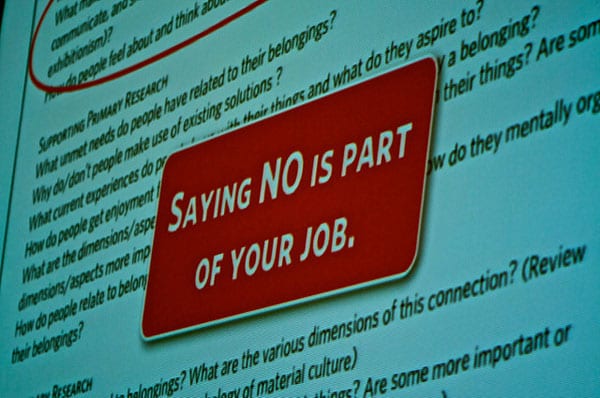
March 9, 2019; Truthout
For many wealthy donors, a charitable donation is more than a voluntary act of generosity. Often, it’s an investment, with the intent of gaining power and influence or advancing a political agenda. Public and private universities and colleges, faced with shrinking public funding, find it difficult to say no to gifts, even those which threaten their integrity, independence, and the academic freedom of faculty and students.
A prime example of giving with political intent is Charles Koch, who, along with his brother David, has donated to colleges across the country, providing “$200 million to support 800 faculty positions on 300 campuses throughout the US.” Their giving supports their objective—to strengthen support for their free-market, Randian political philosophy. Other donors might have different goals, but their philosophy of giving is close to the approach David Koch describes: “If we’re going to give a lot of money, we’ll make darn sure they spend it in a way that goes along with our intent. And if they make a wrong turn and start doing things we don’t agree with, we withdraw funding.”
Lest we see Koch as a special villain, he may simply be stating honestly the position and expectation of many high-dollar donors. In the face of great wealth and clear intent, NPQ has observed that university leaders face the challenge to “reconcile their responsibility to be publicly accountable with the demands of the philanthropic marketplace where they need to succeed.” According to a report issued by UnKoch My Campus, donors seek to influence areas traditionally the sole purview of boards and leadership staff, including “hiring, scholarly activities…the creation of curriculum and academic programs…and student activities, from student groups to graduate fellowships.”
Janine Gaspari, a student activist at George Mason University, a campus which has received considerable Koch funding, described this threat to Truthout: “When corporate donors buy influence, professorships and research outcomes, big money interests threaten the university’s academic independence, integrity and commitment to the public good. As a public body, the university must conduct its business in a transparent manner.”
Sign up for our free newsletters
Subscribe to NPQ's newsletters to have our top stories delivered directly to your inbox.
By signing up, you agree to our privacy policy and terms of use, and to receive messages from NPQ and our partners.
From the perspective of University of Arizona history professor Douglas Weiner, “What is going on is a large, deep effort to not just lobby politicians, but to lobby public opinion. They’re using academia to play upon the image of the academy as an unbiased place of inquiry.”
To help individual organizations facing these pressures, organizations are springing up on individual campuses and as broader networks. In an interview with Truthout, Samantha Parsons, director of campaigns for UnKoch My Campus, said there is a need “to ensure that donor agreements respect faculty governance and academic freedom…to improve university policies around accepting donations and the creation of university centers that are sponsored by private donations.”
This is a long game…a lot of campuses are reviewing their gift acceptance policies. Universities have the power to be proactive in how transparent they are, and who they allow to have a say in the decision-making process when a donor reaches out to them.
After an unsuccessful campaign to stop a $50 million donation from conservative philanthropists Dr. Jeanne and Rex Sinquefield, St. Louis University faculty are now planning to launch an Academic Capture Warning System website, which will provide “a repository of information about all the sites where undue donor influence appears to be happening…making this information widely available.” Their belief is that visibility will empower organizations to resist improper demands on the part of donors and encourage donors to become more responsible.
All nonprofits find some difficulty in saying no to offers of large, ongoing financial support. The allure of wealth is powerful and, particularly when times are tough, strong enough to tempt nonprofit organizations to muddy their missions and make principled decision-making difficult. Transparency is the key first step, making sure that improper strings are not tied to donor gifts. As NPQ noted in its coverage of a donor controversy at George Mason last spring, “Anonymity and secrecy may make fundraising easier, but they don’t build trust. The agendas of donors and the conditions they insist upon need to stand the test of public oversight or they risk eroding the foundations of public education. If school administrations and their boards do not make this their practice, it may need legislative action in their state houses to ensure it. That will be a battle, but one worth fighting.” True of colleges and universities, and true for the entire nonprofit sector.—Martin Levine












